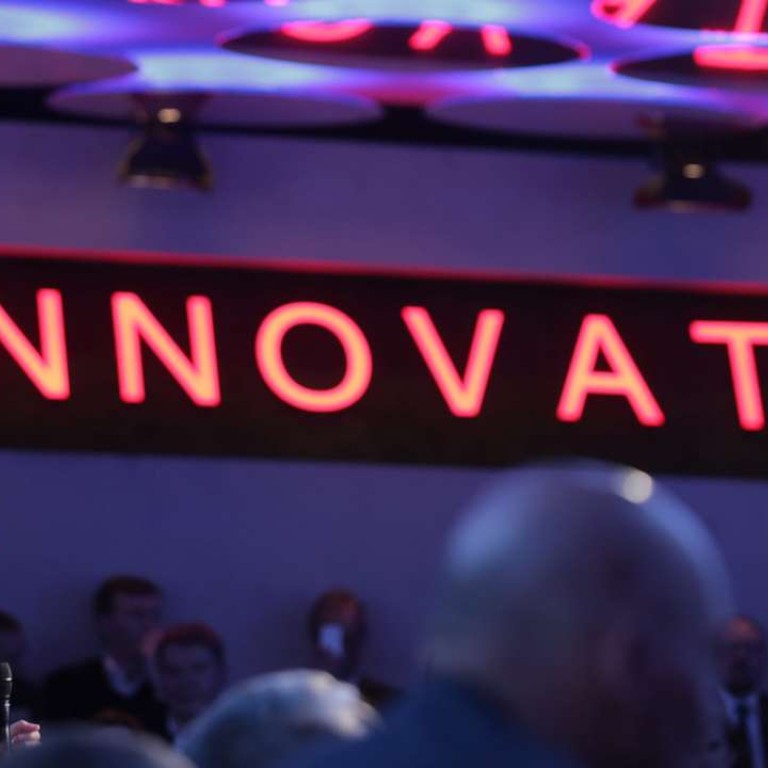
Facebook’s India offer an act of techno imperialism and digital colonialism disguised as charity
Mark Zuckerberg needs decades of education in the real world to discover what matters outside Silicon Valley
The problem with flying high as a young technology billionaire is that eventually deceit and treachery always triumph over youth and good intentions. Vast and rapidly attained wealth creates its own morally corrupting weather system that follows you around your entire life.
The dystopian world that Silicon Valley social media billionaires want to inflict on the world through their version of tech salvation for impoverished countries is disturbing. Their version of “we are the world, we are the people” is more like “we are internet tycoons and people are our raw material for data”.
Recently, Marc Andreeson, a Facebook board member, nearly incited a war on his Twitter account trying to defend his ignorance of what founder Mark Zuckerberg called his “deeply upsetting” remarks about India’s reluctance to accept the social network’s scheme to distribute free mobile internet access and its colonial history.
They only appear to be bold and innovative because media insist on covering his every remark as if he was a world citizen genius rather than just a great coder
Their Twitter spat reveals the self-reinforcing ignorance that is a common trait among the elite group who live and self-justify their genius in their cosseted tech bubble. That ethnic traditions and religious beliefs can be turned into the wallpaper that is social media connectivity shows a particular level of conceit.
It’s hard for most Americans, who live in a society accustomed to floating in generation after generation of disposable popular cultural trends and shifting value systems, to conceive there are people who don’t share and resist their sense of spiritual transience.
Facebook is perceived as trying to build a monopoly over internet access in India and digital service providers’ access to the Indian market. Its long-term strategy is to position itself as a rent-extracting middle man. While it offers short-term benefits for the Indian public, it comes at a long-term cost.
Mark Zuckerberg’s self-aggrandizing, ex cathedra musings about alleviating poverty through internet connectivity are based on self-interest and driven by a belief in digital manifest destiny. It is an act of techno imperialism and digital colonialism disguised as charity.
They only appear to be bold and innovative because media insist on covering his every remark as if he was a world citizen genius rather than just a great coder who spent most of his life in front of a computer monitor.
His underlying claim is that is that global development and connectivity are closely linked. NGOs prove that helping people gain consistent access to clean water and modern sanitation as well as electricity are far more important to saving lives than Wi-fi access.
Pregnant women need these basics much more than any apps they can download from the web. Building and operating toilets, sewage and water plants are not as glamorous as perpetuating the social media miracle. But they certainly make a greater impact on lives.
In December 2014, Time magazine covered Zuckerberg’s whirlwind visit to a village in India. It described how it was dominated by heavily stage managed conversations and Zuckerberg’s “heart stopping social awkwardness”. Zuckerberg is still far too young and inexperienced to grasp the complex issues of poverty alleviation. Like Bill Gates, he will need decades of education in the real world to discover what matters in the world outside Silicon Valley.
Peter Guy is a financial writer and former international banker

